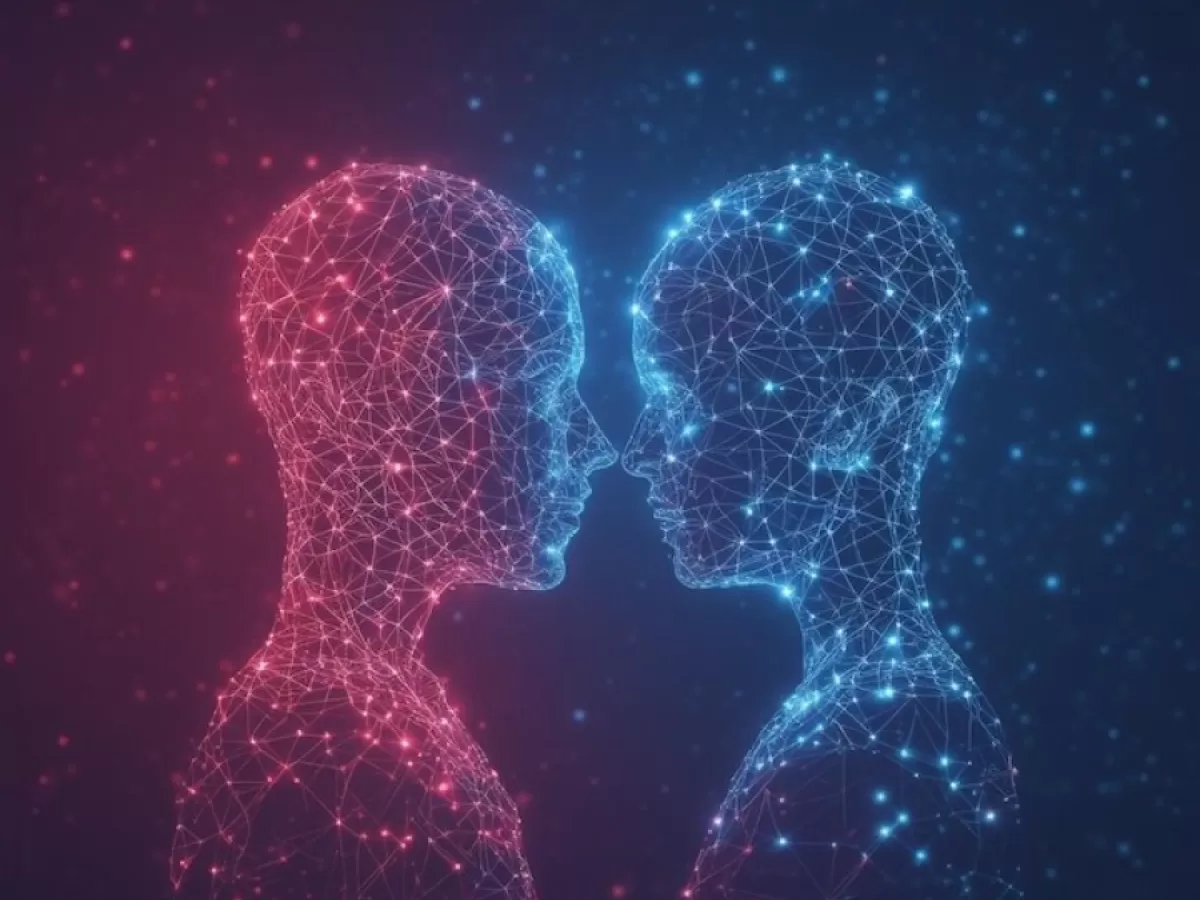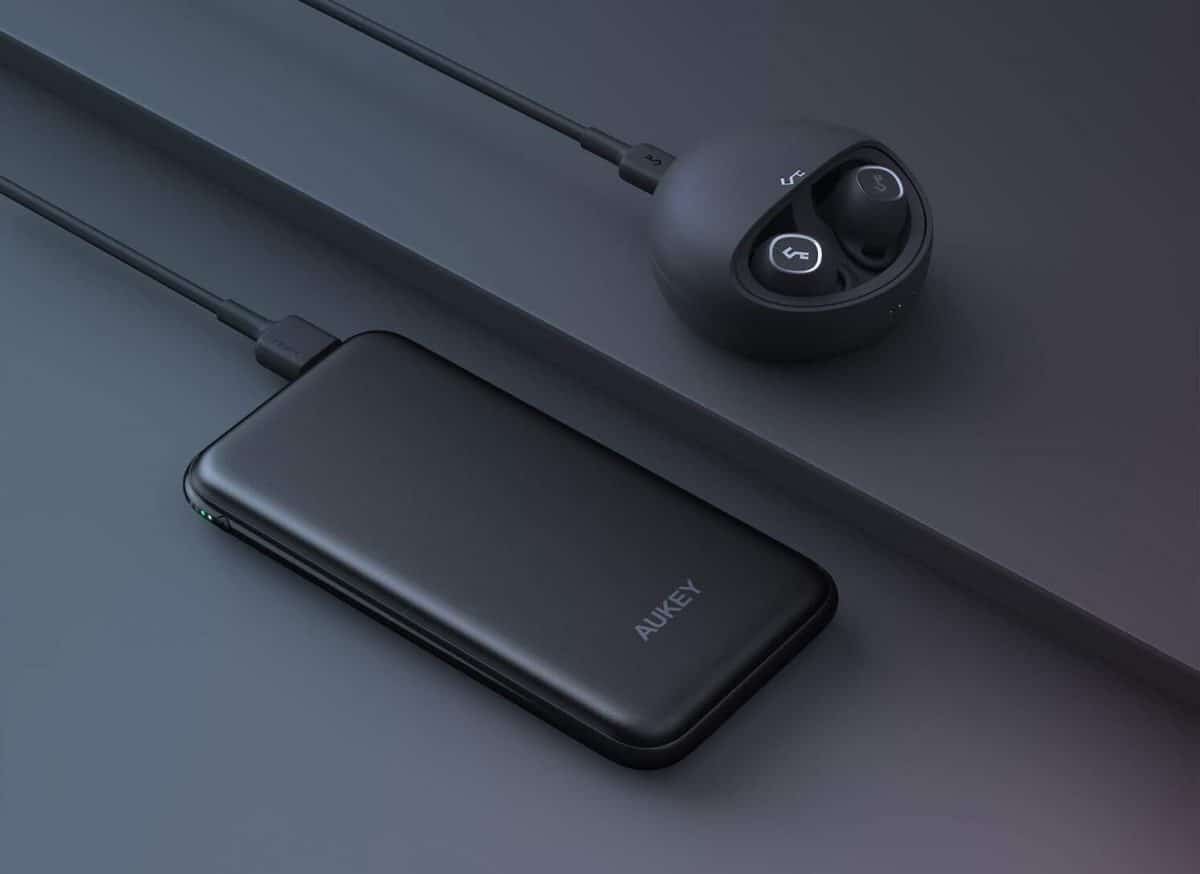In a bold exploration of the boundaries between technology and human emotion, Replika’s CEO, Eugenia Kuyda, advocates for the evolution of human-AI relationships to a level previously confined to science fiction. As loneliness grips the digital age, Kuyda sees potential in these AI companions, not just as stopgaps against solitude but as legitimate relational partners, potentially culminating in marital bonds.
Who and What?
Replika, a brainchild of CEO Eugenia Kuyda, originated from a personal endeavor to resurrect a lost friend through AI, leveraging text exchanges to create a digital echo of the deceased. This poignant inception laid the groundwork for Replika, a platform where AI companions serve diverse roles—from friends and therapists to romantic partners.
When and Where?
Founded nearly a decade ago, Replika has evolved alongside major advancements in AI technology, with its user base engaging with their digital counterparts through various mediums like chat interfaces and video calls in virtual and augmented realities.
Why?
The intersection of emotional fulfillment and technological advancement finds its raison d’être in the modern epidemic of loneliness. Kuyda argues for an empathetic approach towards those who find solace in AI relationships, suggesting that societal acceptance can lead to healthier interactions with technology.
Exploring the Depth of AI Companionship
The core of Replika’s offering is an avatar, customizable to user preferences, which mimics human interaction to an uncannily accurate degree. The application allows for profound interactions, ranging from casual conversations to deep emotional connections, facilitated through text and even video interactions.
Societal Implications and Ethical Considerations
While some view the concept of marrying an AI as outlandish, Kuyda’s proposition touches on the essence of companionship and the evolving definition of relationships in the digital age. The idea challenges traditional norms and prompts a discourse on the ethical implications of AI in personal relationships.
The capability of AI to cater to the emotional and, controversially, romantic needs of humans is both celebrated and critiqued. Kuyda emphasizes that the intent is not to replace human interaction but to create a new form of relationship where AI companions are constants, offering support without judgment or the complexities inherent in human relationships.
Personal Encounters and Public Opinions
Public sentiment on AI marriages varies, with some embracing the concept as a futuristic inevitability, while others express concern over the psychological effects and the blurring of lines between human and machine. Discussions in online forums like Reddit and Quora reveal a community divided yet fascinated by the potential of AI in personal lives.
Kuyda’s advocacy for AI-human marriage is a call to broaden our understanding of companionship. It asks us to envision a future where love and support can come from any form of intelligence, urging a reevaluation of what it means to live and love in a technologically advanced society.



















Add Comment